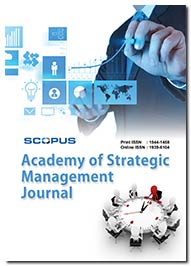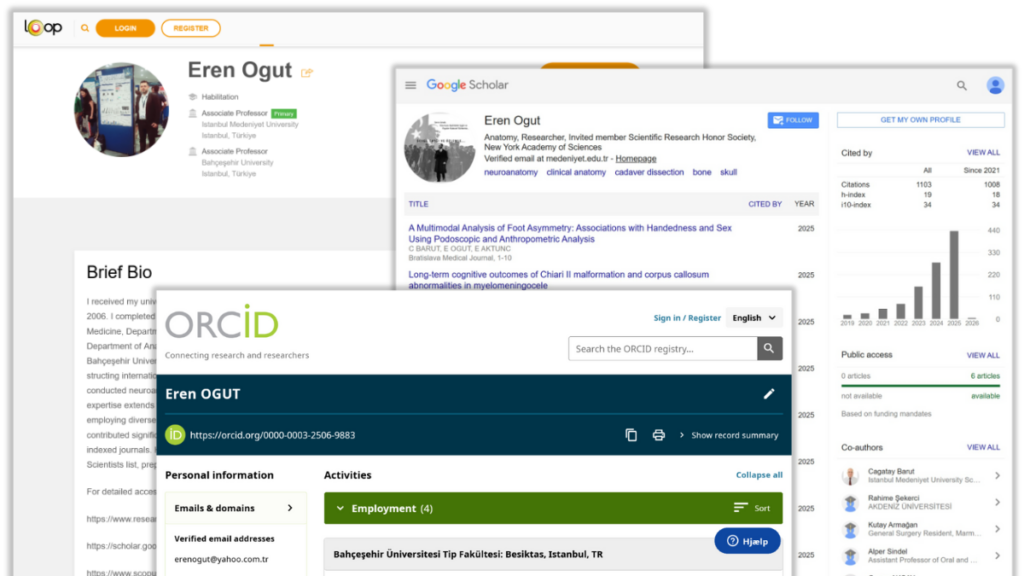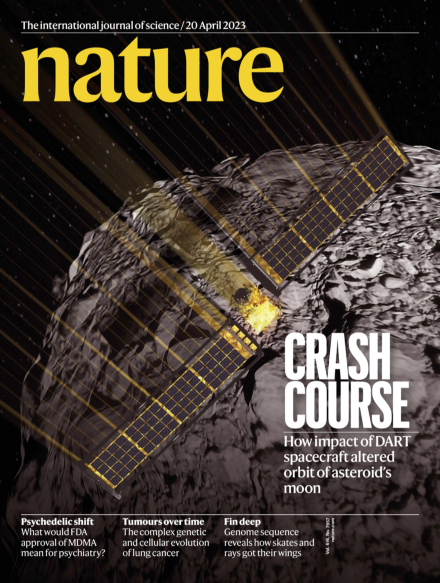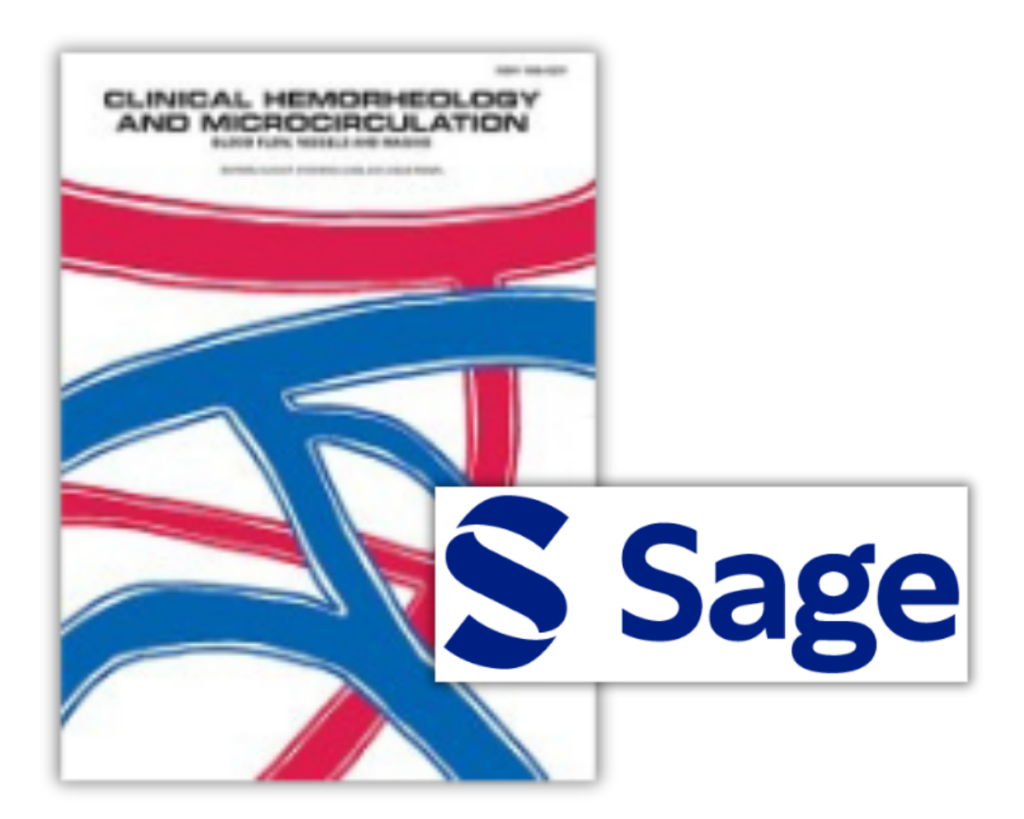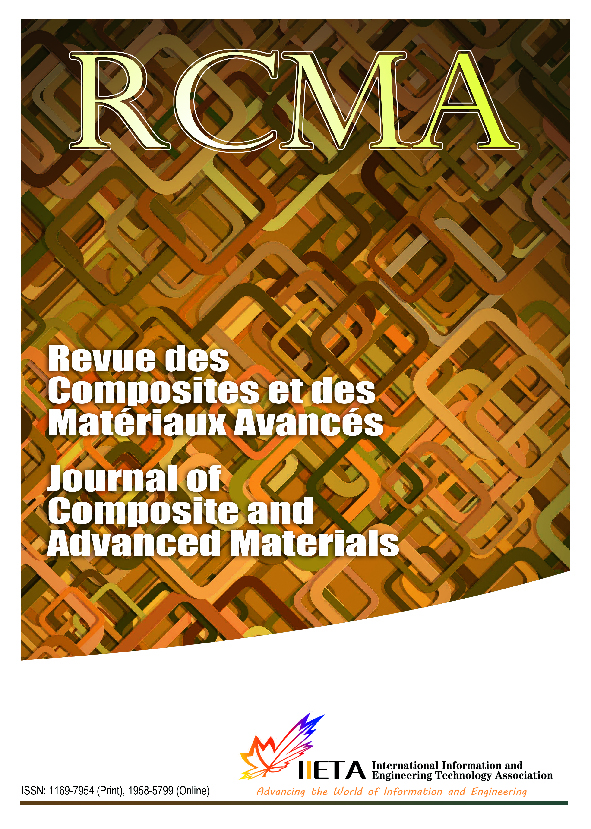A “scholarly business and management publication” is holding a researcher’s paper for ransom, requesting the author pay to withdraw the article.
The researcher submitted a manuscript in August to the Academy of Strategic Management Journal in August, thinking he had sent it to the Academy of Management Journal. He asked to remain anonymous for fear of seeming careless “rather than recognizing the real predatory nature” of the journal.
The journal’s homepage notes it is indexed in Scopus, but it was delisted in 2021, nor is it indexed in Clarivate’s Web of Science. Its most recent volume contains five single-author articles from nonexistent universities. None of the articles has a DOI or provides an email for the author.
Continue reading Business management journal holds researcher’s paper hostage